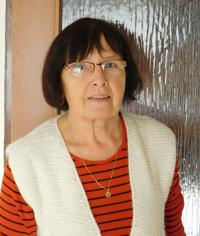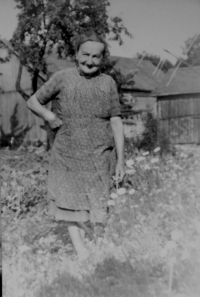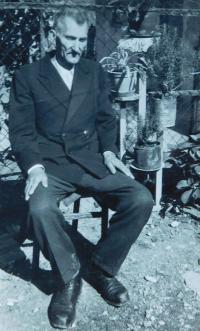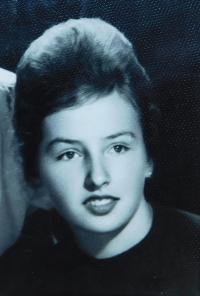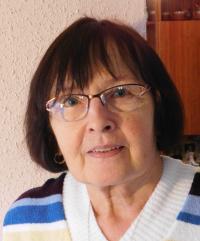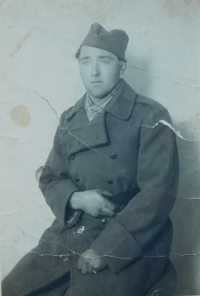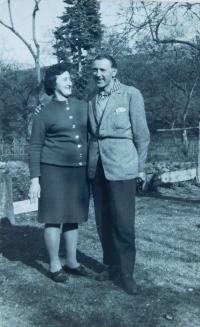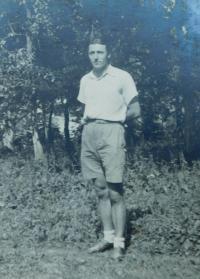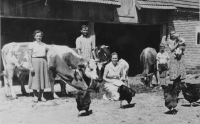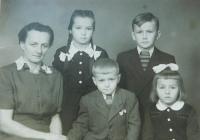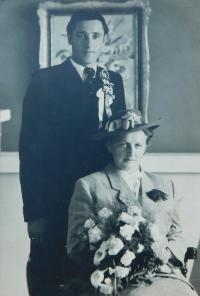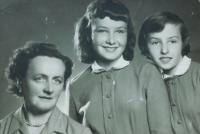They came every day, throwing mattresses out of bed, throwing duvets and all clothes out of the closet
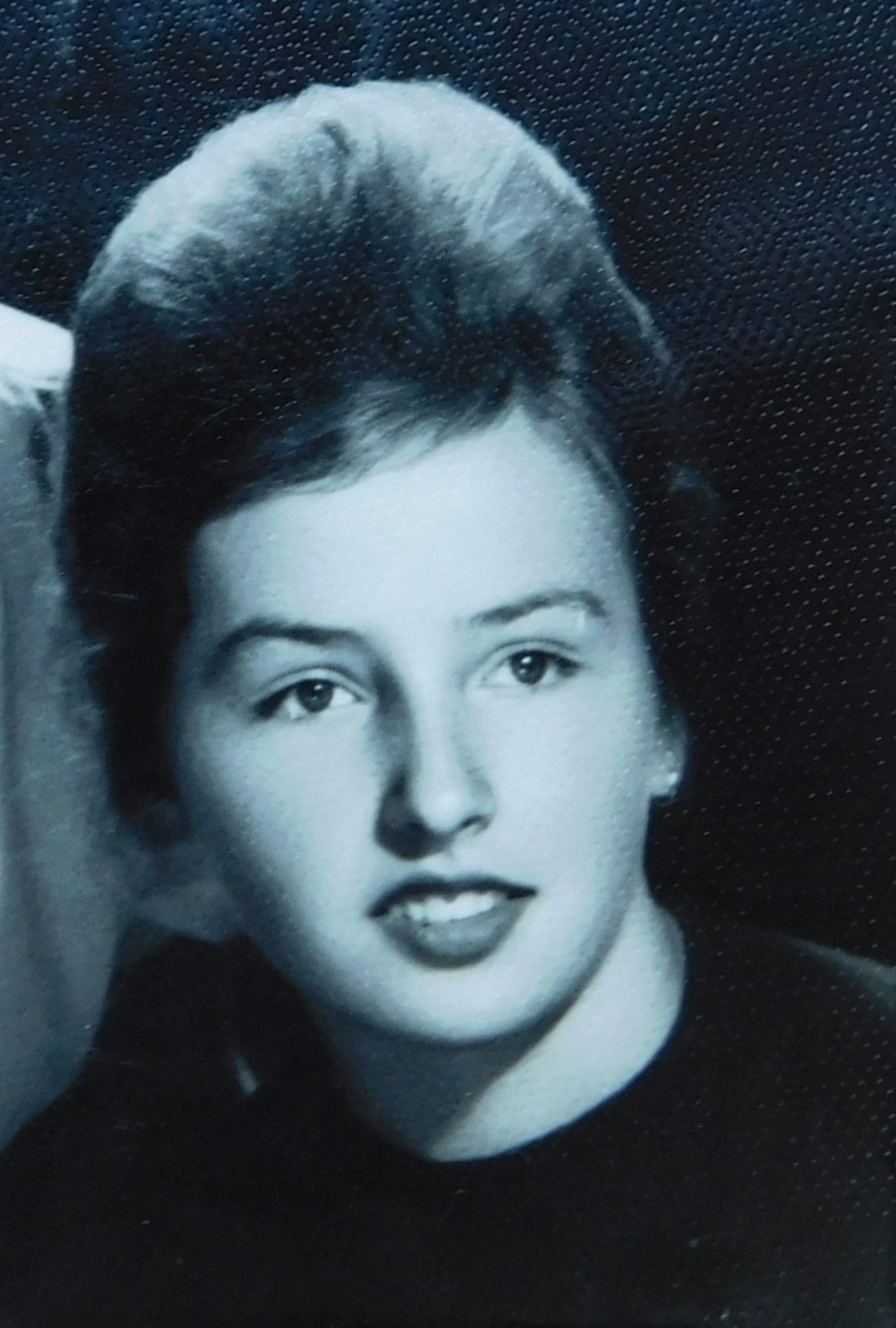
Stáhnout obrázek
Helena Kalusová, her maiden name Šobotová, was born on 10 January 1948 in Hradečná (since 1960 Nová Hradečná). While her mother Anna comes from a nationally mixed marriage between Czech and German, her father Milan Šobota is of Serbian origin. The father comes from the village of Laktaši in today‘s Serbian countryside in Bosnia and Herzegovina. As a pilot of the Yugoslav army participated in battles with Hitler‘s Germany. He was captured in April 1941. He was then transported to agricultural work in the Sudetenland, where he met his future wife. The family then lived in Hradec, where after 1948 his father became a member of the anti-communist resistance organization named the White Legion. In July 1954 he was arrested and subsequently sentenced to 17 years in prison by the Regional Court in Olomouc. He had to leave his four children aged five to nine at home. Then he went through correctional labor camps at uranium mines near Příbram. After more than nine years he was released on October 31, 1963. He did not see his children growing up; they could visit him only once a year in prison. In the end, despite the bad cadre assessment, and thanks to the support of the teacher, Helena got to the secondary school of education in Přerov. Then she worked as a governess in the after-school club. In 1968 she married Karel Kalus, with whom she later had two children. In 2018 she still lived in Nová Hradečná.
